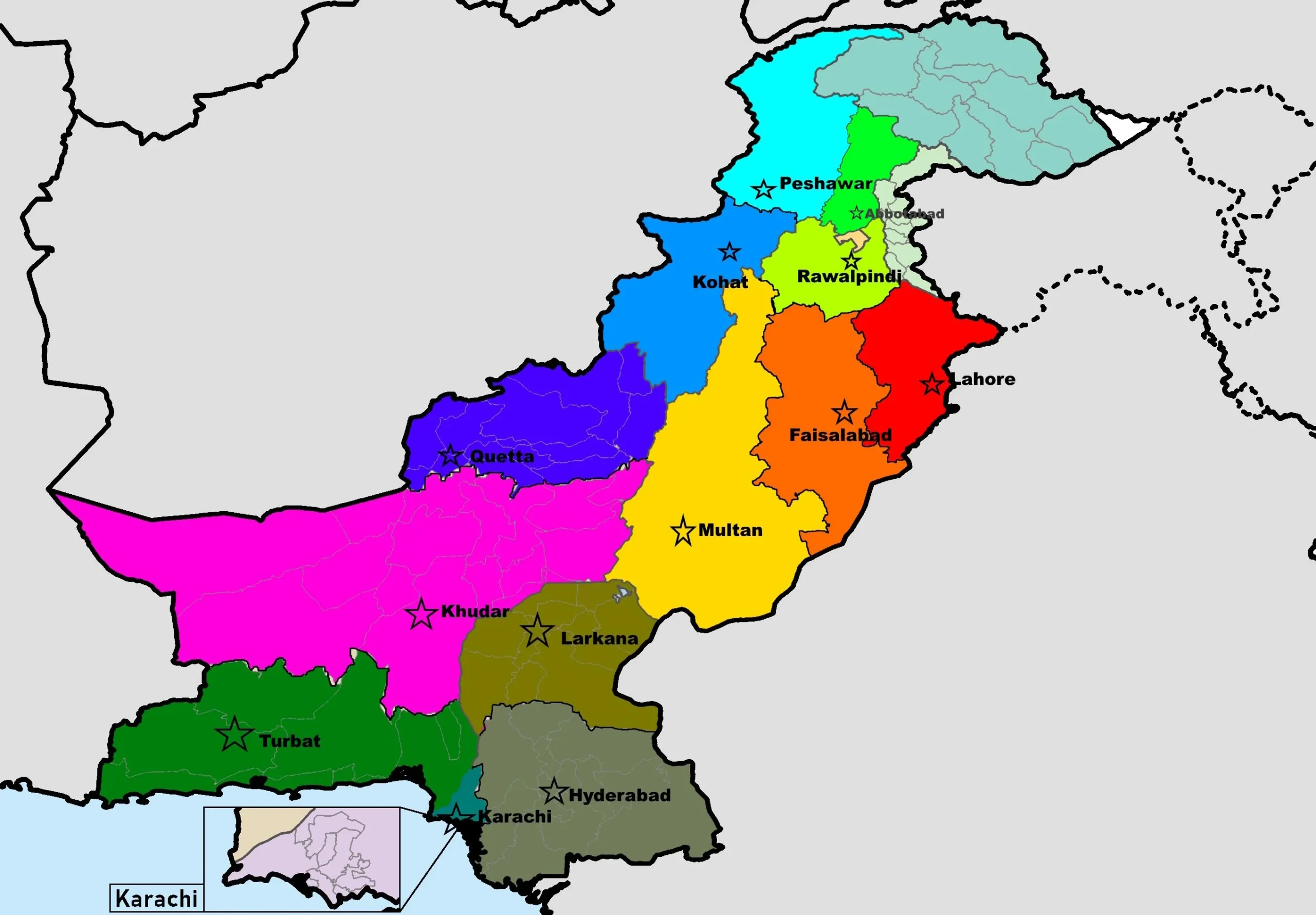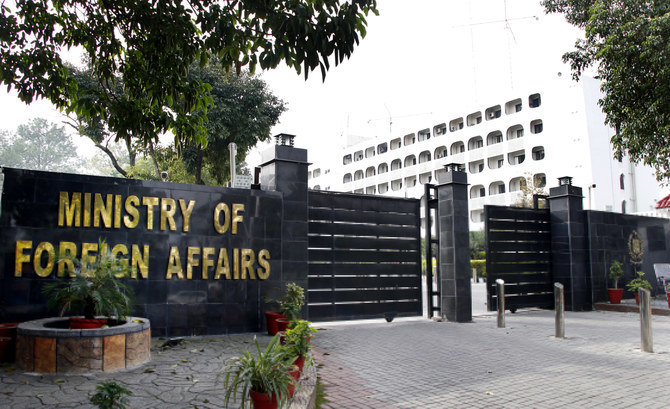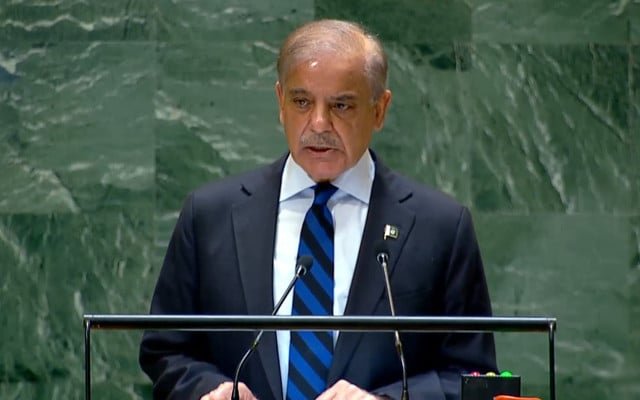Prime Minister Shehbaz Sharif hailed the $20 billion Country Partnership Framework (CPF) on Thursday, calling it a groundbreaking initiative that will shape Pakistan’s development over the next decade. During the launch of this long-term partnership with the World Bank, the prime minister emphasized its transformative impact, marking the longest-ever development collaboration between Pakistan and the bank.
The CPF aims to tackle Pakistan’s urgent economic and developmental challenges, focusing on enhancing employment opportunities, driving IT-led growth, fostering climate resilience, and ensuring economic stability. PM Sharif also highlighted the collaboration’s focus on improving key sectors, such as hydropower, water management, and economic reforms, expressing gratitude to the World Bank for its support.
A key initiative within the CPF is the digitization of Pakistan’s Federal Board of Revenue (FBR), aimed at curbing corruption and improving revenue collection. The prime minister also announced a pilot project at Karachi Port to reduce collusion between importers and customs officials, making it easier for businesses to engage with government processes.
Pl watch the video and subscribe to the YouTube channel of republicpolicy.com for quality podcasts:
Despite the ambitious goals, World Bank officials acknowledged the risks involved in such a long-term partnership. World Bank Country Director Najy Benhassine noted that the framework’s success depends on crucial reforms and continuous adjustments based on evolving circumstances. He emphasized the need for collaboration with other international development partners and the private sector to ensure that Pakistan’s vast development needs are met.
The CPF outlines six key priorities, including reducing child stunting, tackling learning poverty, improving climate resilience, transitioning to clean energy, and enhancing air quality. World Bank Vice President for South Asia, Martin Raiser, described the initiative as a strategic collaboration that aligns with Pakistan’s national priorities and provides a long-term roadmap for addressing the country’s development challenges.
To achieve these goals, significant private investment will be required, with an estimated $250-350 billion needed specifically for climate action during the CPF period. The World Bank plans to integrate the private sector, particularly through its International Finance Corporation (IFC), to help meet the development targets.
Looking ahead, the CPF will undergo a Performance and Learning Review (PLR) in 2030, ensuring it remains responsive to Pakistan’s changing needs. While digital connectivity and financial inclusion are central to the CPF’s goals, World Bank officials emphasized their importance in driving sustainable development, even amidst occasional disruptions to digital services in Pakistan.
This partnership marks a pivotal moment in Pakistan’s development journey, combining strategic reforms, private investment, and international collaboration to drive lasting progress.















